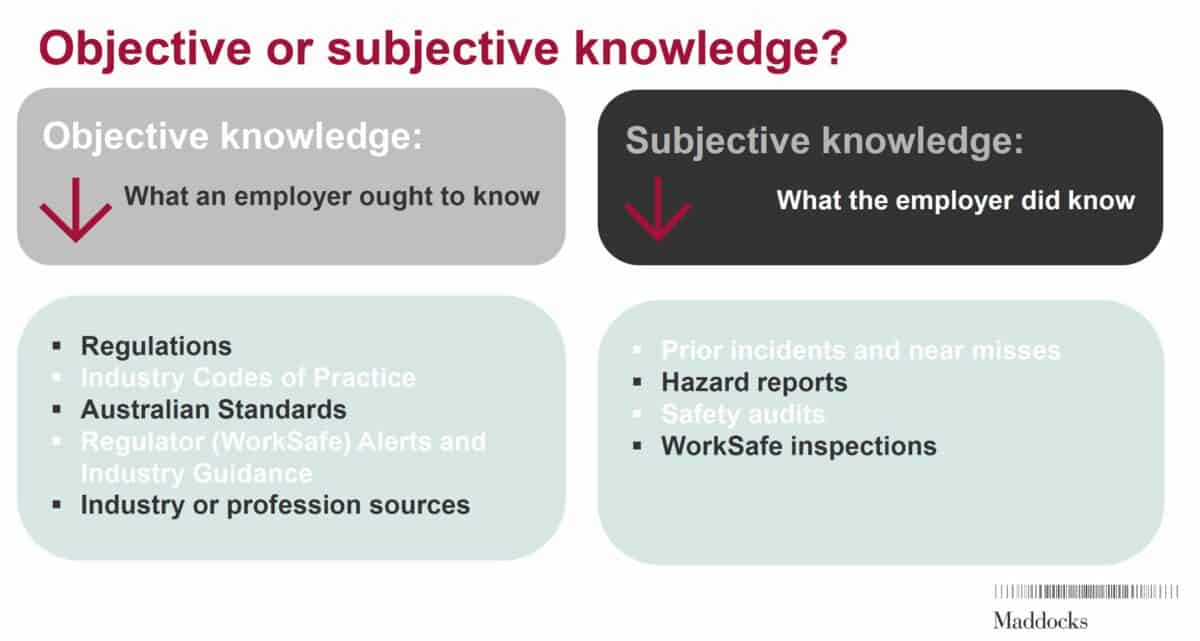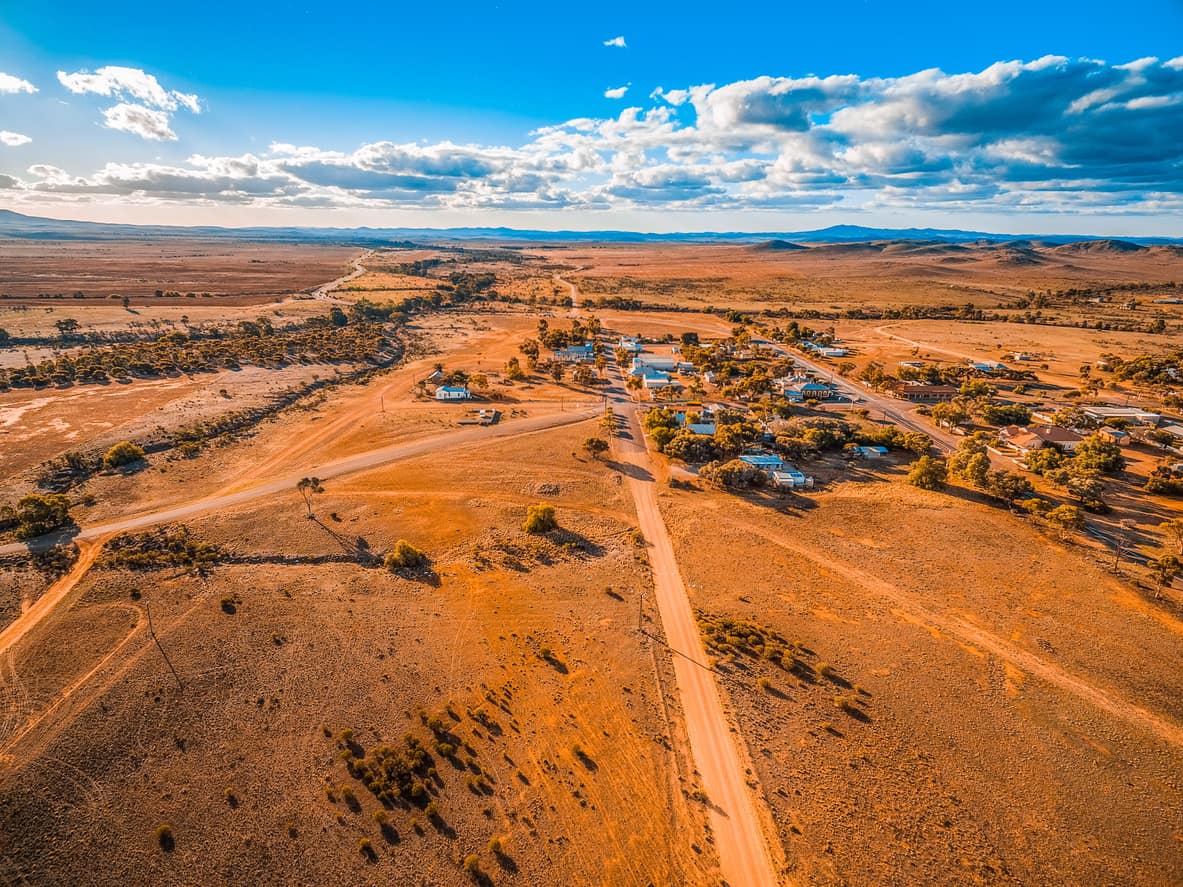Pam Gurner-Hall is no stranger to this blog. Recently she appeared in an article by the Australian Broadcasting Corporation (ABC) about access to information from South Australia’s occupational health and safety (OHS) regulator, SafeWorkSA.
SafeWorkSA has been under considerable scrutiny for the last few years. A “root and branch” review conducted by John Merritt is the latest inquiry. [Note: this article was written before the release of the Merritt report and the Government’s interim response last weekend. More on that report shortly]
Gurner-Hall’s concerns seem more about the government’s response to the inquiry and the application of Legal Professional Privilege (LPP). She is quoted saying:







